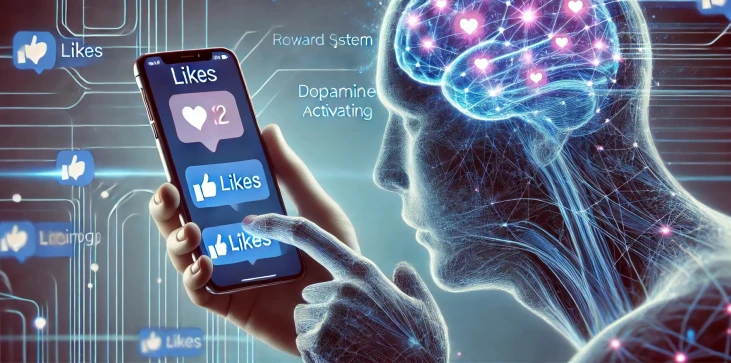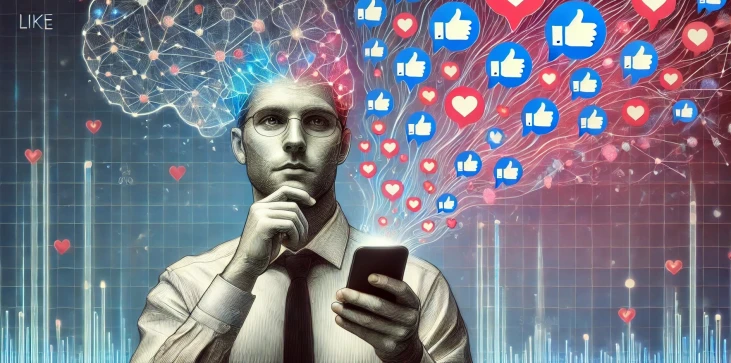
The power of a single like on social media goes far beyond a simple tap on a screen. Whether it’s Facebook, Instagram, or TikTok, likes have the ability to alter our self-perception, enhance our moods, and even dictate our online behavior. But what is it about these virtual nods of approval that keeps us coming back for more? The psychology behind likes delves into the reasons why these metrics are so addictively rewarding. By understanding the cognitive and emotional impacts of receiving likes, we can gain insight into the deeper effects social media has on our mental well-being. From a psychological standpoint, every time we receive a like, our brain triggers the release of dopamine—a neurotransmitter responsible for pleasure. This leads to the creation of a feedback loop, where users are constantly seeking out validation in the form of likes and positive comments. But beyond the immediate sense of satisfaction, the psychology behind likes involves deeper, often unconscious motivations that tie into our need for social acceptance and status.
Likes trigger the brain’s reward system, releasing dopamine in much the same way as eating your favorite food or receiving a compliment. Studies have shown that this release can become addictive, creating a cycle of seeking validation through likes and shares. This creates what is often referred to as a "dopamine loop," where users constantly post content in hopes of receiving positive reinforcement.
The psychology behind likes is closely linked to the fear of missing out (FOMO). As users see friends and influencers receiving thousands of likes, they may feel pressured to maintain a similar level of social engagement. This drives behaviors like posting more frequently or engaging in "like-for-like" strategies to boost visibility and approval. The fear of being left out or unnoticed can lead to anxiety and dissatisfaction.
While receiving likes can temporarily boost self-esteem, the long-term effects on mental health can be detrimental. Studies have linked heavy social media use and the pursuit of likes to increased anxiety, depression, and lower self-worth. The need for constant validation can lead to emotional exhaustion, particularly when users feel that their content isn’t receiving enough attention.
The psychology behind likes highlights the powerful intersection between social media and human behavior. While likes can provide temporary feelings of pleasure and validation, they can also foster a deeper need for approval that affects mental health and well-being. By recognizing the psychological triggers that drive our desire for likes, we can take steps to manage our social media habits more mindfully, prioritizing genuine connections over superficial metrics.

When a user receives a like on social media, the brain’s reward system activates, releasing dopamine, which is associated with pleasure and satisfaction. This creates a reinforcement loop that makes individuals want to post more content in hopes of receiving more likes.
Yes, excessive focus on gaining likes can contribute to mental health issues such as anxiety, depression, and feelings of inadequacy. The need for constant social validation can leave users feeling emotionally drained if their content doesn't receive the anticipated engagement.
The pressure to post frequently is often driven by the fear of missing out (FOMO). Seeing others receive many likes and engagement may push users to post more in order to stay relevant and maintain social approval within their community or peer group.